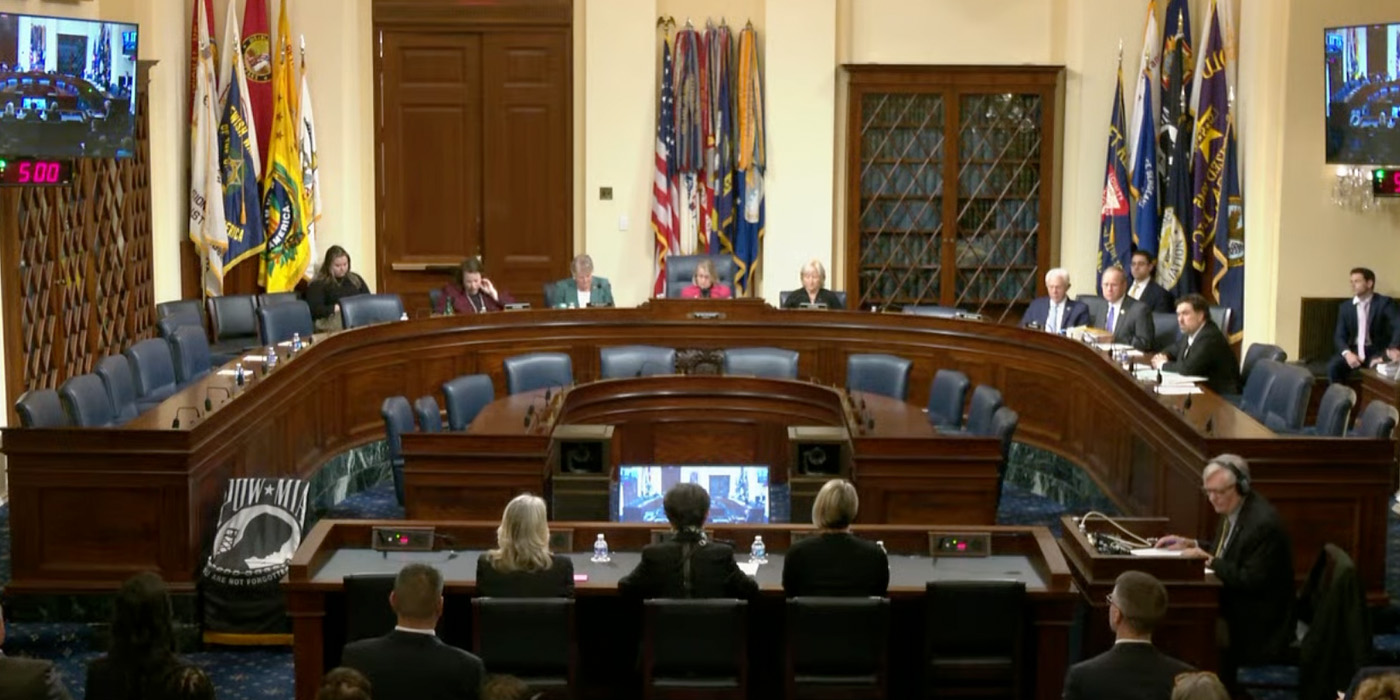Psychedelic therapy continues to gain the attention of U.S. lawmakers, with medical experts and veterans advocates touting its potential during a House subcommittee hearing last week.
In her opening statement, U.S. Rep. Mariannette Miller-Meeks, an Iowa Republican, described psychedelic-assisted therapy as a “groundbreaking clinical procedure that has the potential to transform the way we look at mental health care.”
Miller-Meeks, who also serves as the Veterans’ Affairs Subcommittee on Health chair, said as a physician who practices traditional medicine, she never thought she would ever advocate for an emerging, breakthrough therapy, but the “science is leading the way.”
Veterans Trials Take Shape
During the hearing, several speakers described the clinical trials process.
Veterans participating in trials typically undergo two to three psychedelic therapy sessions.
“These sessions last around eight hours, the full duration of the drug’s effects,” Miller-Meeks explained. “Based on the most recent clinical trials, patients experience positive therapeutic responses resulting in a reduction in their symptoms, if not remission altogether.”
Safety is a priority in the trials, during which veterans receive pharmaceutical-grade medications under careful quality controls, said Dr. Carolyn Clancy, the Veterans Administration’s assistant under secretary for health for discovery, education and affiliate networks.
Research candidates undergo careful medical and psychiatric screening to ensure they can safely participate in the trial, Clancy said.
“Dosing of psychedelic medication is performed only by trained staff trained who know how to monitor for adverse events,” she said.
Outcomes and What’s Ahead
Two Phase 3 MDMA trials for post-traumatic stress disorder have shown statistically significant reductions in PTSD symptoms, Clancy noted in her written testimony for the hearing originally scheduled for Oct. 19. But Clancy said the potent psychological impact of the substance makes it easy for participants to determine whether they’re receiving the active drug or the placebo.
“Primary concerns with the MDMA-assisted psychotherapy data included the small number of veterans in the trials that had been published (32 veterans included), and a relatively small number of total participants (176 overall), as well as the use of inactive placebo as a comparison condition,” she noted.
Clancy suggested that the administration of another comparable active substance could help overcome this challenge in future trials.
During her testimony, Clancy said all therapists in the VA studies have already undergone intensive training, including some who were trained through the Multidisciplinary Association for Psychedelic Studies, or MAPS.

